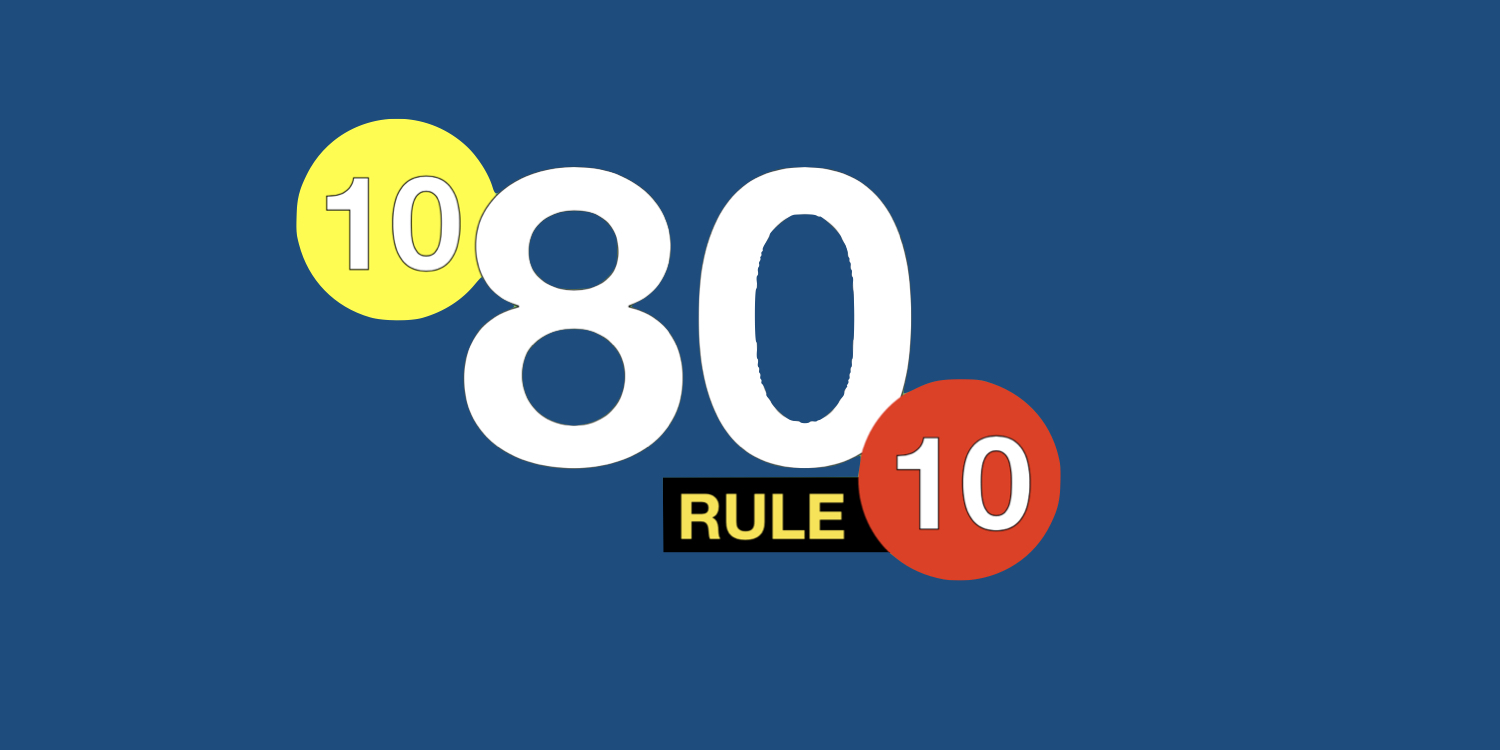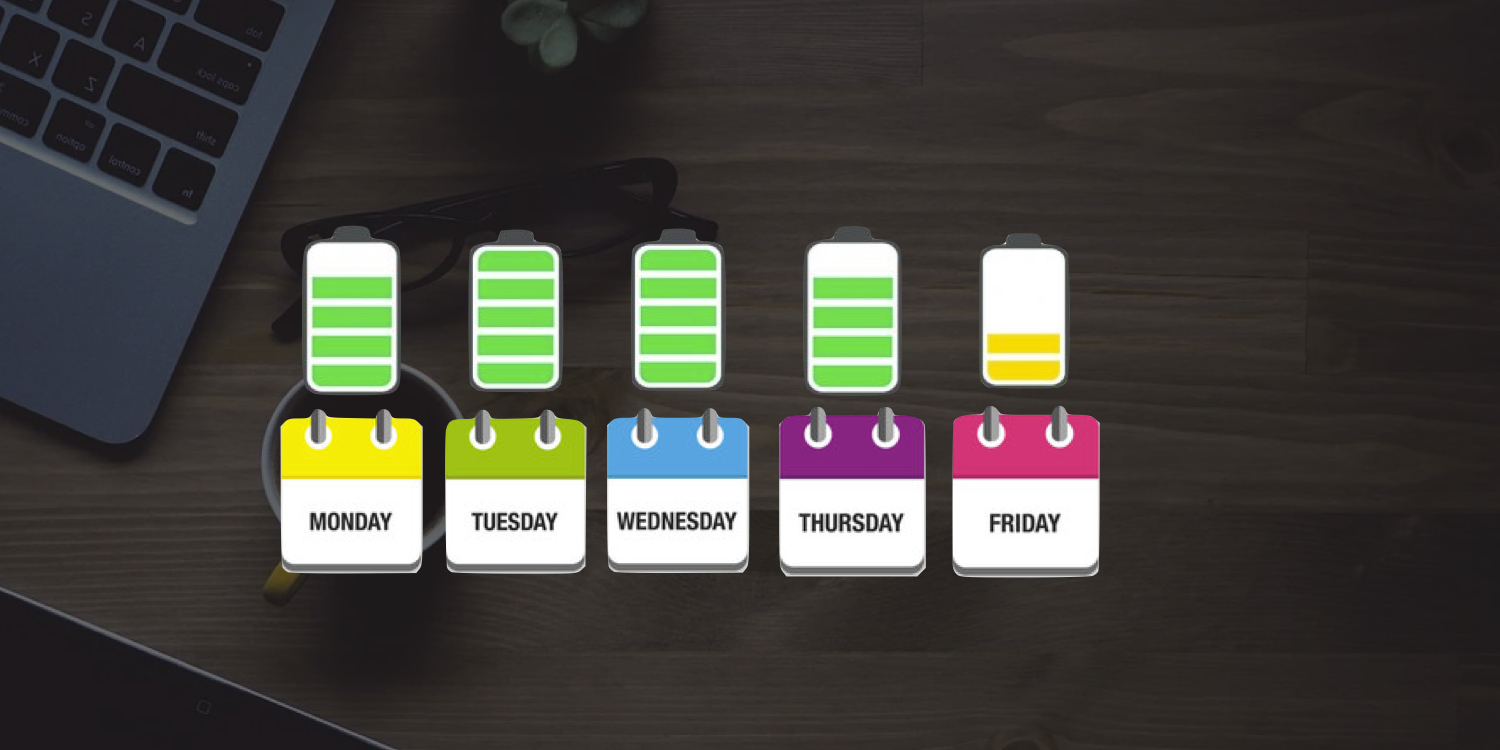Do you feel unproductive. Here are 8 ways to get back on track.
Continue readingThe Power of Routine

Routine- what we do and the order in which we do it day in and day out. The word ‘routine’ may seem dull, perfunctory, or just plain dull. However, if set up effectively, routines can help ensure we have structured our day to increase our odds of success. One event that upended nearly everyone’s routine was the coronavirus pandemic. As the pandemic wore on researchers found this- that daily routines help one to cope with change. New routines were needed then just as they are now!
Routines & Sports Rituals
 To observers, there are times a routine becomes a ritual. Professional athletes are known for their quirky rituals which are often called superstitions, especially in baseball. Major League Baseball players often eat a specific pre-game meal, mindfully avoid stepping on any chalk lines on the field, and shy away from talking about a no-hitter during the game.
To observers, there are times a routine becomes a ritual. Professional athletes are known for their quirky rituals which are often called superstitions, especially in baseball. Major League Baseball players often eat a specific pre-game meal, mindfully avoid stepping on any chalk lines on the field, and shy away from talking about a no-hitter during the game.
Basketball is no exception. Allstar point guard Russell Westbrook began his routine precisely three hours before every tip-off. He ate the same peanut butter and jelly sandwich, toasted with butter on wheat bread cut diagonally, and practiced on court three before every home game.
Why do athletes go to such lengths? Because routines do one very important thing for us. They get us in the correct mindset for a given task or event.
Key Takeaways and Strategies for Routines
- Create space in your routine that gives you time for solitude and stillness each day- before the world starts spinning around you demanding your attention.
- Start with the biggest rocks. You can begin building your routine by time-blocking your calendar with your most important activities that are now part of your custom-made day.
- Know when you’re at your best for a given task. You’re not the same person in the afternoon that you were in the morning.
- Mornings set the tone for the rest of the day. Guard your first few hours to practice the routine you’ve established.
- Make time each morning to practice gratitude. A good way to start is by keeping a journal and noting what you’re grateful for.
- Avoid jumping on your phone first thing in the morning to check emails or social media. Brain expert Jim Kwik says we are highly suggestible after waking and the dopamine effect from using our phones leaves us distracted later in the day.
- Practice ignoring things. Focused attention creates better results. Turn off your email and phone notifications at specific times to avoid the pitfall of distraction.
- Remember everything you say yes to is saying no to something else. Make it a routine to say no when necessary.
- Without a routine, the circumstances of the day often dictate what we do leaving us in a reactionary state.
- Avoid just ‘checking’ your email. Create a routine that once you’ve viewed an email you will do one of three things with it: do it then, delegate it to someone else, defer it to another time, and create a calendar event.
- Routines make discipline achievable by creating the space needed for new habits.
- Routines free up your mind to be more creative not being weighed down with several small decisions you’ve already made automatically part of your day.
- Begin the night before. Going to the gym? Pack your bag the night before so you’re not tempted to find an excuse not to be ready.
- Check your calendar for the following day to avoid any surprises.
- Do something difficult. Typically the first few hours after your morning routine is the best time to tackle a difficult task. In doing so, you will have more confidence for other tasks later in the day.
- And most importantly, forgive yourself when you mess up or break your routine. Your goal is to improve not to be perfect.
Wittingly or not, each of us has a routine. What’s yours? Do you want to create a new routine or change it and why? Share your experience in the comment section below.
-Shannon Hicks
5 Time Management Myths
5 time management myths that rob us of our productivity and effectiveness…
Continue readingThe Power of Habit
Call it a habit, a rhythm, or even a rut but habits have the incredible potential for good and harm in our daily lives.
Continue reading4 Ways to Get Real & Get More Done
You have more to do than you can accomplish, but you’re not a machine? Here are four ways to cope and succeed
Continue readingThe 10-80-10 Rule
How to Manage Teams Remotely
Last week I learned my brother-in-law is returning back to working exclusively from home just as he did in the spring of 2020. This week we look at 5 ways to effectively manage a team remotely…
Continue readingManaging your energy-not just your time
How to start managing your energy, not just your time…
Continue readingThe Ultimate Guide to Fridays!
 There are times when things feel hopeless. Like the world is crashing down around us. Times when negativity eclipses the light of any positive developments. It is times like these when one is tempted to cave in and embrace hopelessness. Truth be told much of our angst comes from our false notions of the extent we control things that happen to us.
There are times when things feel hopeless. Like the world is crashing down around us. Times when negativity eclipses the light of any positive developments. It is times like these when one is tempted to cave in and embrace hopelessness. Truth be told much of our angst comes from our false notions of the extent we control things that happen to us.
10 Things to do Every Friday
TGIF! Oh, how we cherish the end Fridays. Forbes reports that the typical businessperson is 20% less productive on Fridays than on a typical Monday. Well, here are 10 ways to buck that trend and reinvigorate, transform or just simply make your last day of the workweek that much better!
- Clear your inboxes – An overflowing email inbox is an open invitation to forgetting to respond to important messages. Take half an hour and decide which one of the ‘Four Ds’ you’ll apply to each message. Do it (if it takes 5 minutes or less), Delete it, Delegate it (forward to another team member), or Defer It to another day. Over the last decade, one of the most effective techniques I’ve used is Inbox Zero. You can check it out here.
- Consider starting your Fridays earlier so you ensure you leave the office on time. I’ve been using a split schedule over the last year and it’s boosted my productivity. Most days I start work at 5:45 am, finish by 8:30 am, work out, and start the second half of the workday by 9:30. Find what works for you.
- Review next week’s schedule. Time block your current and upcoming projects or tasks that take longer than 15 minutes. Schedule time for recurring activities such as outgoing sales calls, networking with other professionals, loan status calls with applicants and recurring meetings.
- Review your accomplishments. There’s nothing wrong with admiring your work. Look back at what you achieved. Doing this not only ends the week on a positive note but may spur ideas for other ventures.
- Prepare email drafts. If you have some pending emails that will require a detailed response, begin capturing your thoughts now before they fade from your memory. Outline the most important elements and save your draft email.
- Schedule lunch with another professional in your area. The goal is to see and be seen. Make your presence known and build rapport with others in your city who may be able to make referrals.
- Set boundaries. Ensure your team knows if or when you’ll respond to emails or calls over the weekend. For many they let the work sit until Monday and that’s fine. Just make sure everyone knows when to expect a response from you. An email autoresponder on Fridays may do the trick, but make sure you turn it off when you return Monday.
- Clean your desk. Returning Monday to an orderly workspace helps reduce the sense of chaos that Mondays often bring. Stack, file, wipe down, or dust. Just get ‘er done.
- Say goodbye. If you’re still working in a physical office with coworkers make it a practice to say goodbye or ‘have a nice weekend’. This brings a sense of closure to the week.
- Don’t work late. Respect yourself, your family, and others by respecting yourself by leaving at a set time most Fridays. Sure there will be exceptions but the rule should be to switch gears into the weekend on time.
*11 (Bonus): Watch our weekly video series Friday’s Food for Thought. This segment is typically lighthearted and focuses on motivation, productivity, inspiration, and practical business tips.
What would you add to your to-do list for Fridays? Share your ideas in the comment section below.











